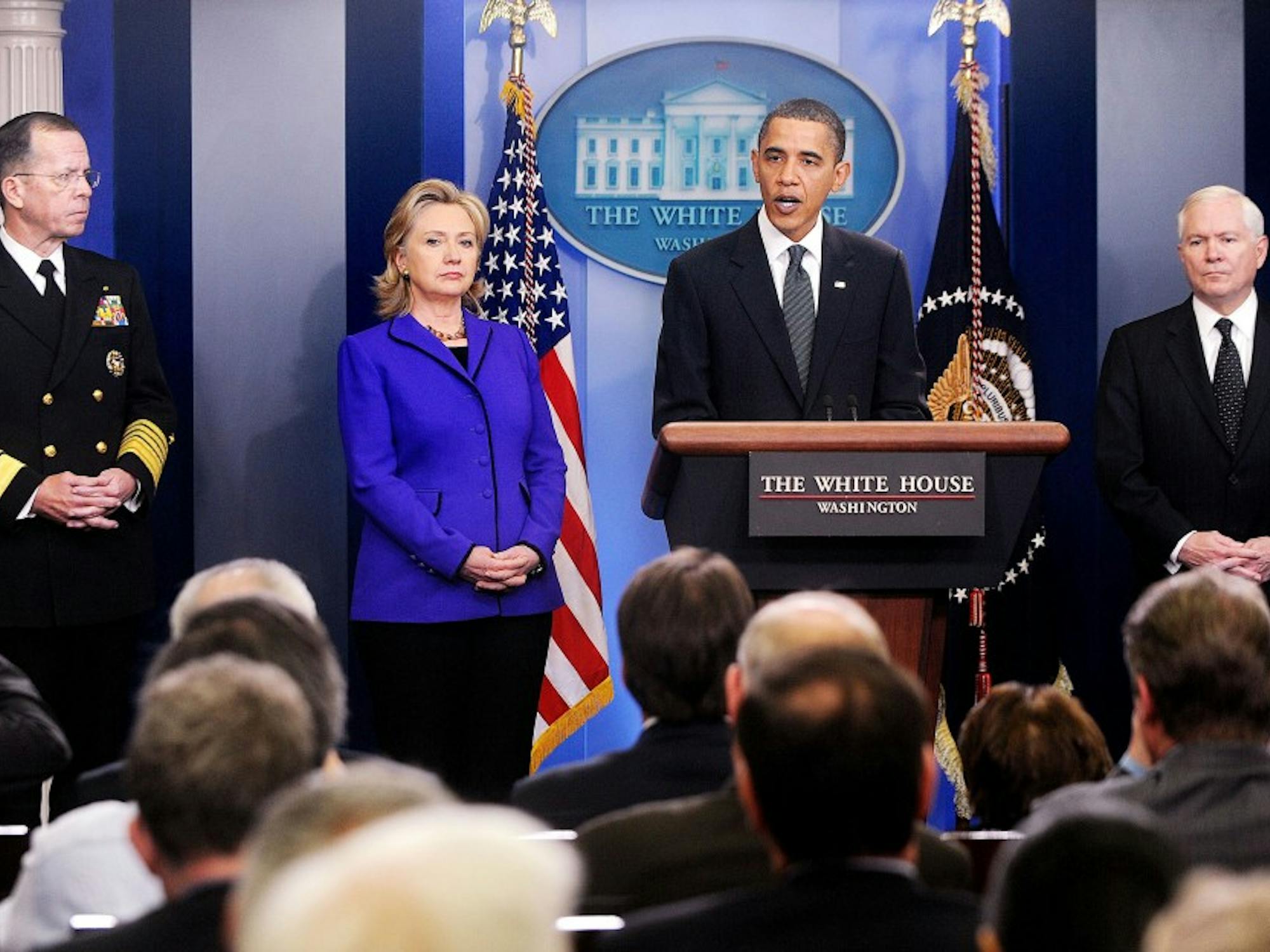A lot of speculation has been made about the president’s recent announcement regarding the American nuclear strategy. The left was hoping the president would go further and pledge the United States would never use nuclear weapons first. The right thinks his recent decisions are weakening our defenses. May this columnist be the first to say both sides are dead wrong.
A number of things need to be made clear. First of all, anyone who believes a world without nuclear weapons is possible is sadly mistaken. While eradicating the most destructive weapons from our planet seems like a noble cause, it is entirely impossible. The technology exists to create these weapons and these weapons translate into power. There will always be states that seek power; it’s the natural order of things.
Since there is no hope of a nuclear-free world, the disarmament movement amounts to a giant waste of time and resources.
No nuclear power, especially the United States and other nations that have their eyes on becoming international players, would ever relinquish their necessary supply of nuclear weapons. If the United States and Russia both have enough nuclear weapons to destroy the world, who cares about the stockpiles of weapons left over after a nuclear catastrophe?
Leaders make a big deal about reducing our supply of weapons, but the practical implications are nonexistent. If we cut our stockpile in half, our capabilities wouldn’t change. If we cut our stockpiles in half again, we could still do as much damage as our original arsenal could have.
It’s pointless for anything other than cheap political points to focus on reducing nuclear weapons. Do we need this many? No, but it doesn’t make a difference if we have them. The only goal in this arena should be the prevention of new nuclear states and nuclear non-state actors like terrorist organizations.
So while the numbers of bombs is irrelevant, the agreements on when we might use them are equally as worthless.
The new policy states that the United States will not strike non-nuclear states that are in compliance with the nuclear non-proliferation treaty with nuclear weapons even if attacked on a massive scale. It exempts Iran and North Korea. So in other words, nothing changed. Not the spirit, not the letter.
The president left himself enough latitude that if any likely attack scenario took place, he could respond with nuclear weapons without violating the new policy. Second, and more importantly, any attack on the United States involving nuclear weapons as a potential response would be a game changer.
This is the point that makes this whole nuclear “renaissance” ridiculous. If the United States was attacked with a chemical, biological or cyber weapon of mass destruction, does anyone seriously believe we would feel obligated to maintain these limits?
The world’s only superpower would be bound not to use nuclear weapons? The reality is if the United States were attacked on such a scale, we would respond with whatever force we deemed fit. It’s foolish to suggest otherwise.
So while everyone is making extreme claims about this new nuclear policy, it doesn’t change anything. It’s about politics. The president is trying to score points. It’s easy to say we aren’t going to use these weapons and it sounds great on television.
But if the United States was attacked with weapons of mass destruction, everything is out the window. All of the rules change.
What the president said last week wouldn’t really matter. In fact, the report was fittingly titled “Nuclear Posture Review.” Why? Because it’s not about substance, it’s about posturing.










